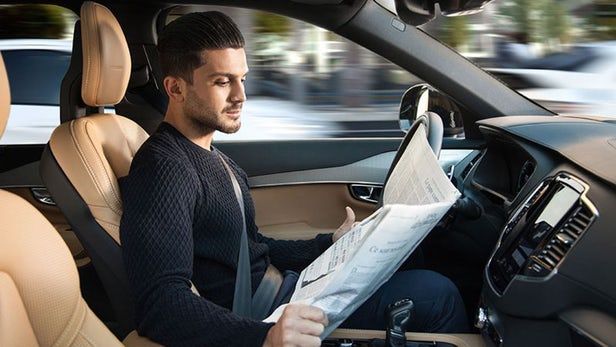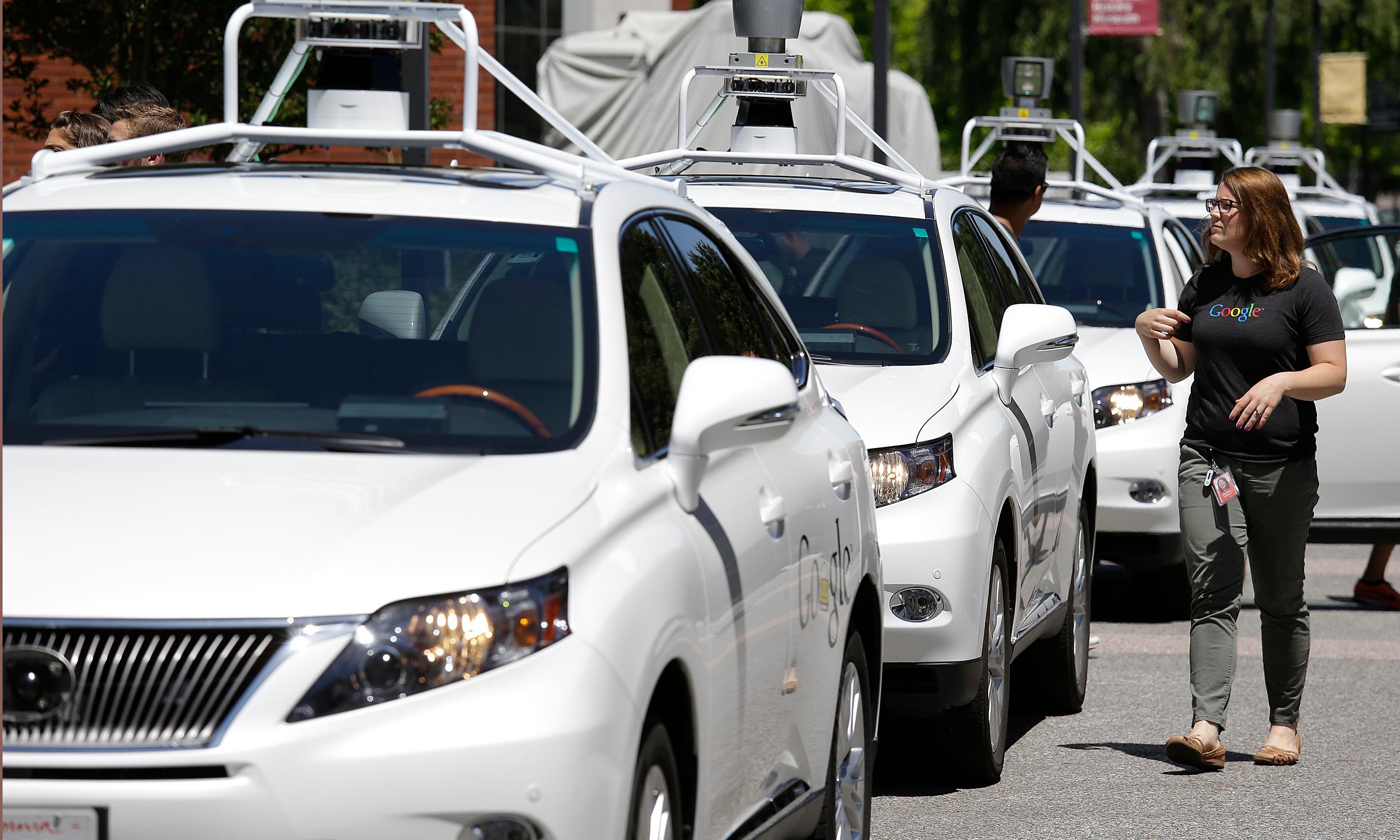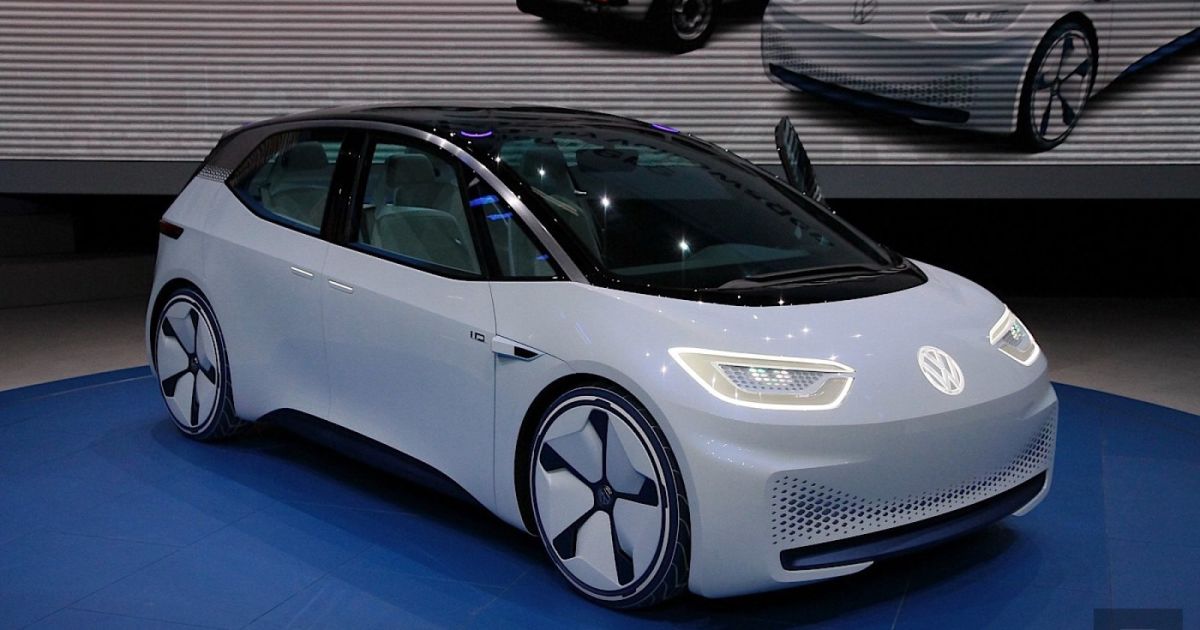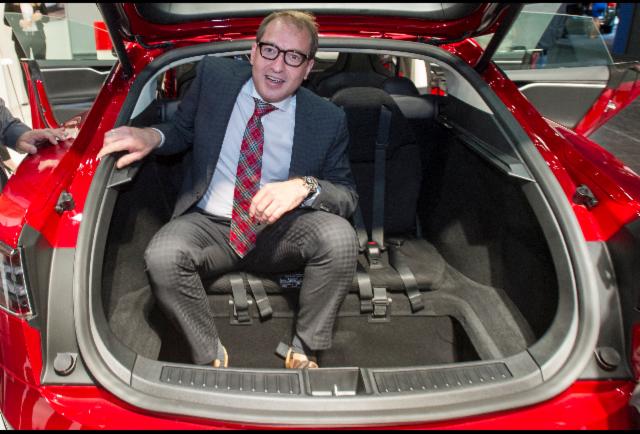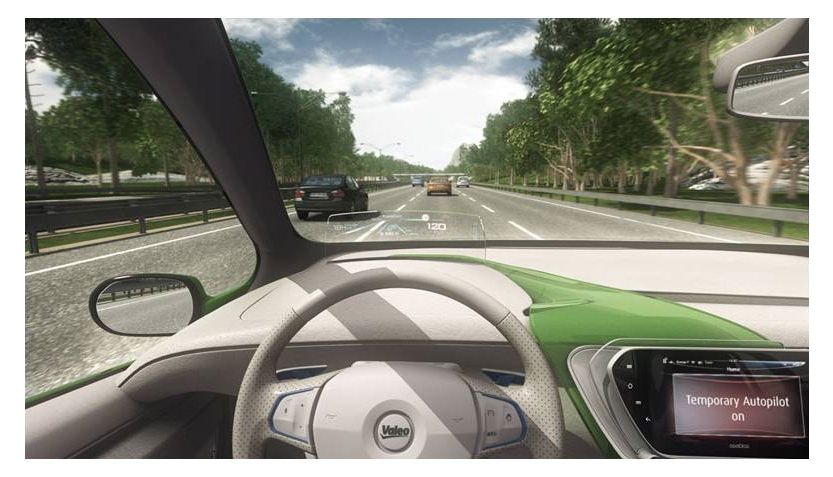As part of our regular “One Big Question” series, we put a very similar question to Steven Shladover at the University of California, Berkeley. Shladover is a research engineer who was instrumental in creating California’s PATH program (Partners for Advanced Transportation Technologies), whose mission is to “develop solutions that address the challenges of California’s surface transportation systems through advanced ideas and technologies and with a focus on greater deployment of those solutions throughout California.”
The exact question we put to Shladover and his response follows.
